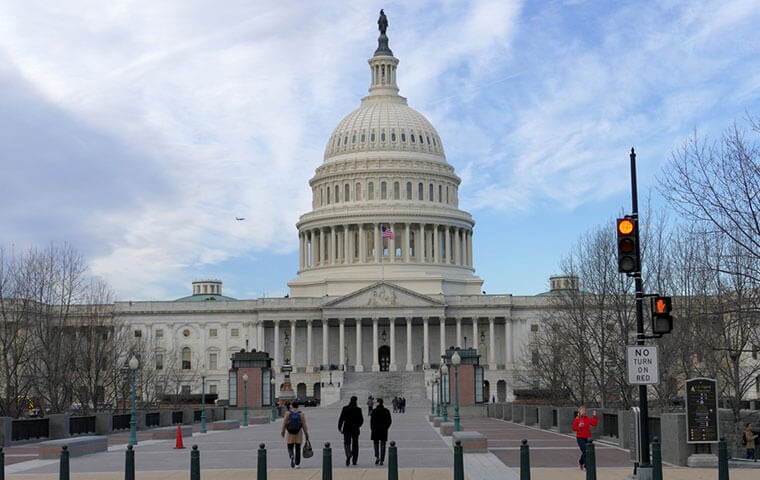 The House also passed HR-9566, to require federal agencies to share custom-developed source code with each other. Image: Golden Brown/Shutterstock.com
By: FEDweek Staff
The House also passed HR-9566, to require federal agencies to share custom-developed source code with each other. Image: Golden Brown/Shutterstock.com
By: FEDweek StaffThe House has joined the Senate in passing S-709, to update requirements for agency performance priorities under the Government Performance and Results Act, as recommended in a series of GAO reports.
Those are to include requiring OMB to regularly conduct strategic reviews of agencies’ performance goals and ensure they are following through with their strategic plans; enhancing the data on performance.gov to track agency-specific and government-wide performance; requiring two or more government officials be designated as federal government priority goal leaders; and ensuring agency performance goals are supported by evidence-building activities.
The House also has passed:
* HR-1695, to require agencies to assess their software licenses and inventories and develop a plan to consolidate them and to adopt enterprise-wide agreements, and to require OMB to report on opportunities to leverage government procurement policies and practices to increase interoperability of software entitlements.
* HR-9566, to require federal agencies to share custom-developed source code with each other, in a bid to prevent duplicative government contracts to build software. There would be exceptions for source code that is classified, developed primarily for use in a national security system, or developed by an element of the intelligence community; exceptions necessary to protect individual privacy also would be allowed.
Key Bills Advancing, but No Path to Avoid Shutdown Apparent
TSP Adds Detail to Upcoming Roth Conversion Feature
White House to Issue Rules on RIF, Disciplinary Policy Changes
DoD Announces Civilian Volunteer Detail in Support of Immigration Enforcement
See also,
How Do Age and Years of Service Impact My Federal Retirement
The Best Ages for Federal Employees to Retire
How to Challenge a Federal Reduction in Force (RIF) in 2025
Should I be Shooting for a $1M TSP Balance? Depends…

